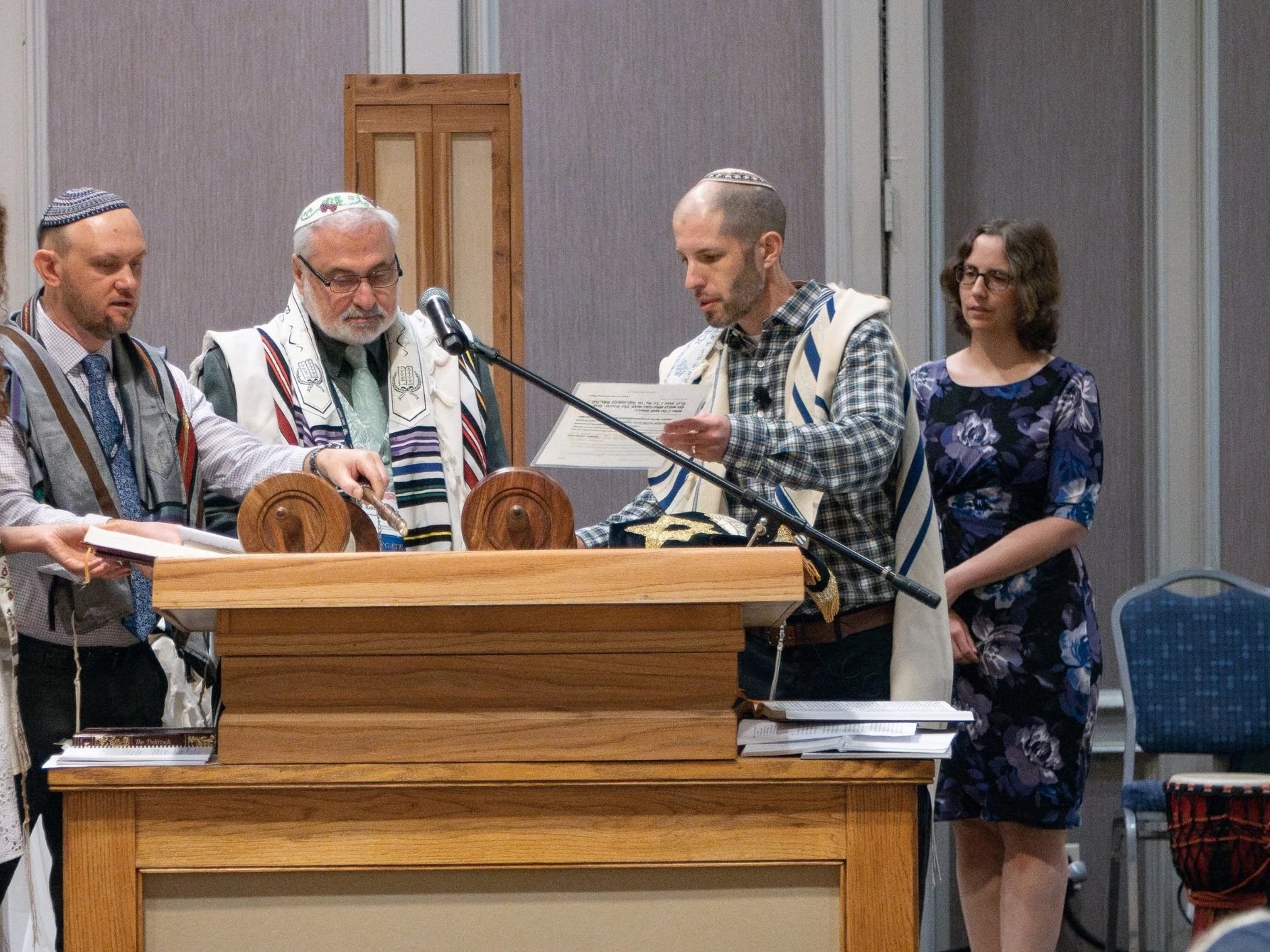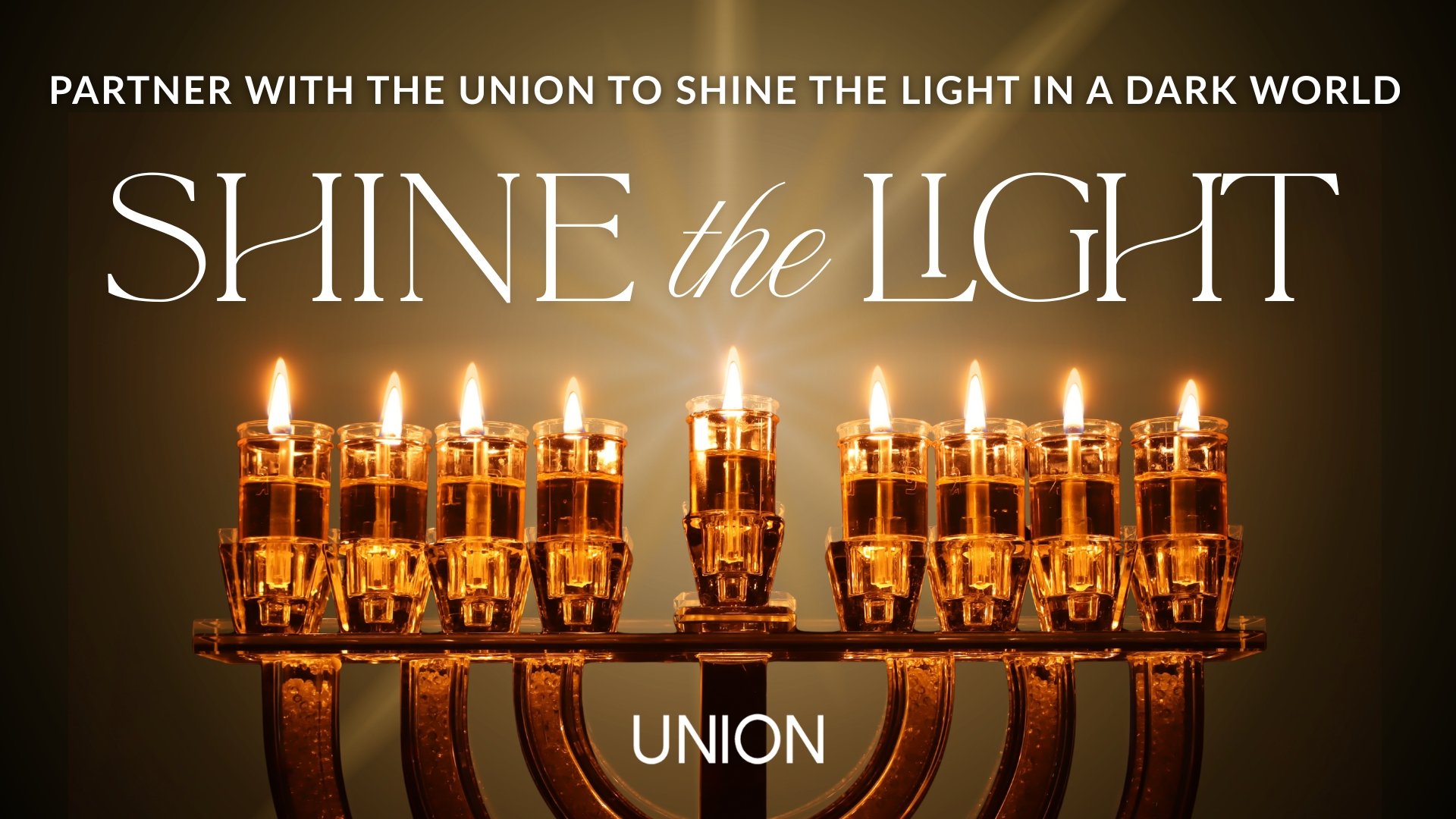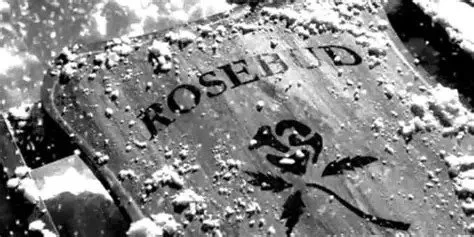
Unite & Strengthen
Jewish congregations that honor Yeshua the Messiah of Israel
Thank you for helping to fund light-spreading projects in 2026! Together we have just over $90,000 for children and youth programs, training Messianic Jewish leaders, and dynamic conferences and special events.
Prayers for Israel, January 2026
During this season of light, we pray for the light of Messiah to shine upon the land and people of Israel, bringing spiritual awakening and Teshuva — return to God and his ways. May the continuing trials and uncertainty bring multitudes of Israelis of all types back to the God of Israel.
May the light of God’s Spirit also shine upon the surrounding countries and their people, even those that have stood in opposition to Israel, bringing awakening, repentance and renewal.
We also pray over the ongoing conflict:
For ceasefire negotiations to lead to the complete disarmament and dismantling of Hamas.
For wisdom for Israel's political and military leadership and wisdom for leadership in the USA as it continues to stand with Israel.
For an end to civilian suffering in Gaza and humanitarian efforts to advance without interference.
For healing for soldiers of the IDF and for Israeli civilians suffering from PTSD, and the provision of adequate care and support.
For the defeat of rising global antisemitism and the spiritual forces of darkness that energize it.












It is only after Moses turns aside that God speaks. Moses first hears God through the miracle of the bush that burns without being consumed. Only then does he truly listen—by pausing, turning, and giving his full attention to what is unfolding before him.